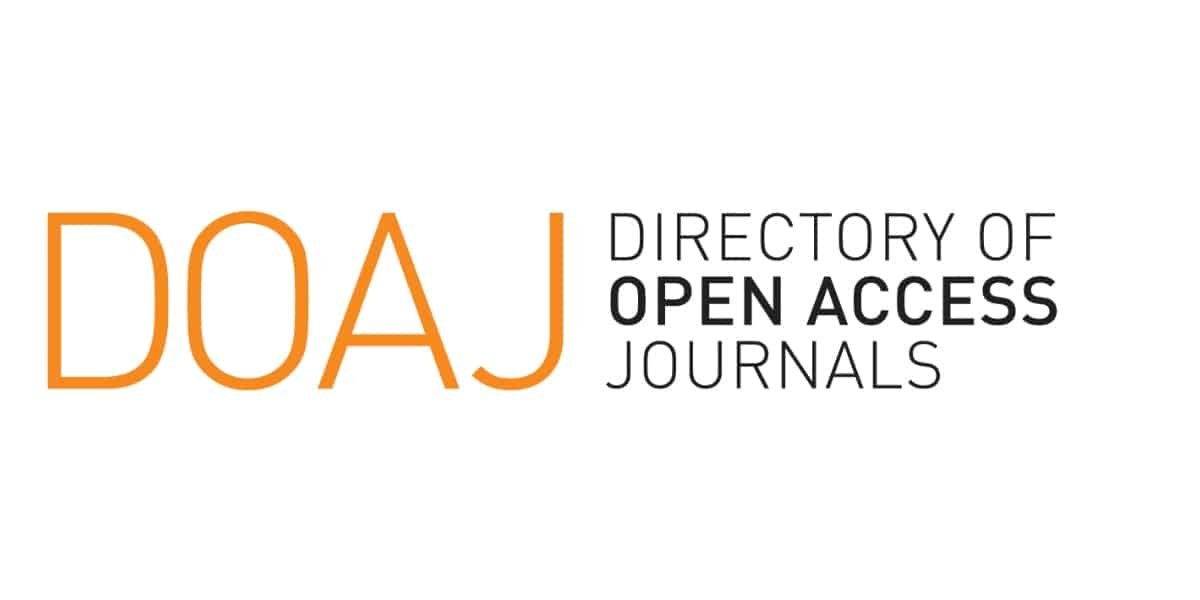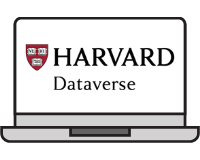Democracy in the Digital Age: The Influence of Social Media on Shaping Political Behavior in Urban Communities (Case Study in Jakarta, Bandung, Yogyakarta, and Surabaya)
Keywords:
Digital Democracy, Political Communication, Political Participation, Social MediaAbstract
In particular, the way elections and regional head elections are conducted has been profoundly altered by the rise of digital technology in Indonesia's political scene. These days, political players use social media as a tool to get support, spread their message, and improve their public image. The goals of this study are to (1) examine how political campaigns use social media to reach their audiences, (2) identify methods for influencing the political behavior of urbanites through the cultivation of socio-political networks through community leaders, and (3) examine how these messages are packaged for maximum impact. The study employs a descriptive qualitative methodology and case studies in four significant cities: Surabaya, Yogyakarta, Bandung, and Jakarta. Methods for data reduction, presentation, and verification were used to assess information gathered from literature reviews, documentation, in-depth interviews with community and political leaders, and other sources. According to the findings, there are three primary ways in which social media contributes to politics: digital campaigning, support mobilization, and political socialization. Choosing the right platform, crafting the right messaging, and capitalizing on local socio-political networks are all components of an effective communication strategy. On the other hand, social media may skew facts and spread false impressions, which can sway political decisions in a manipulative way. This study found that, while digital democracy does increase people's access to politics, it also highlights the need for campaign regulation and sufficient digital literacy to guarantee the quality of democracy. This discovery greatly affects the creation of evidence-based and ethical political communication techniques for the digital era.
Downloads
References
Burgoon, M. (1982). Communication Yearbook 5. Transaction Book.
Cangara, H. (2019). Pengantar Ilmu Komunikasi (5th ed.). Rajagrafindo Persada.
Dwitama, M. I., Hakiki, F. A., Sulastri, E., Usni, U., & Gunanto, D. (2022). Media Sosial dan Pengaruhnya Terhadap Partisipasi Politik Masyarakat di Pilkada 2020 Tangerang Selatan. Independen: Jurnal Politik Indonesia Dan Global, 3(1), 53–66.
Effendi, O. U. (1986). Dinamikan Komunikasi. Remadja Karya.
Fajri, N., Fajri, R., Sulisawati, N., & Helmi, H. (2024). Transformasi Politik di Indonesia: Analisis terhadap Peran Media Sosial dalam Partisipasi Politik Generasi Muda. Journal of Political Sphere, 5(1), 1–13.
Hamad, I. (2004). Konstruksi Realitas Sosial dalam Media Massa: Sebuah Critical Discourse Analysis terhadap Berita-berita Politik. Granit.
Haris, S. (1998). Menggugat Pemilihan Umum Orde Baru. Yayasan Obor Indonesia-PPWLIPI.
Heryanto, G. G., & Ramaru, S. (2013). Komunikasi Politik: Sebuah Pengantar. Ghalia Indonesia.
Interview with Isak Soemantri, a resident of Gedebage, Bandung City, October 22, 2022. (2022).
Interview with Pitoyo, former General Manager of Tribun Jabar, at the Tribun Jabar office on Jalan Soekarno Hatta, on November 21, 2022. (2022).
Interview with Prof. Maswadi Rauf MA, a professor of political science at UI, on October 22, 2022. (2022).
Moekahar, F., Ayuningtyas, F., & Hardianti, F. (2022). Social Media Political Campaign Model of Local Elections in Pelalawan Regency Riau. Jurnal Kajian Komunikasi, 10(2), 242–252.
Riskiyono, J. (2019). Kedaulatan Partisipasi Pemilih dalam Pengawasan Pemilihan Kepala Daerah dan Pemilihan Umum Serentak 2019. Jurnal Politica, 10(2), 145–165.
Sandjaya, S. D. (2014). Pengantar Ilmu Komunikasi. Universitas terbuka.
Yustiningrum, R. E., & Ichwanuddin, W. (2015). Partisipasi Politik dan Perilaku Memilih Pada Pemilu 2014. Jurnal Penelitian Politik, 12(1), 1–14.
Downloads
Published
Issue
Section
License
Copyright (c) 2025 Ahmad Hasan Ridwan, Ajid Thohir, Muslim Mufti (Author)

This work is licensed under a Creative Commons Attribution-ShareAlike 4.0 International License.



















